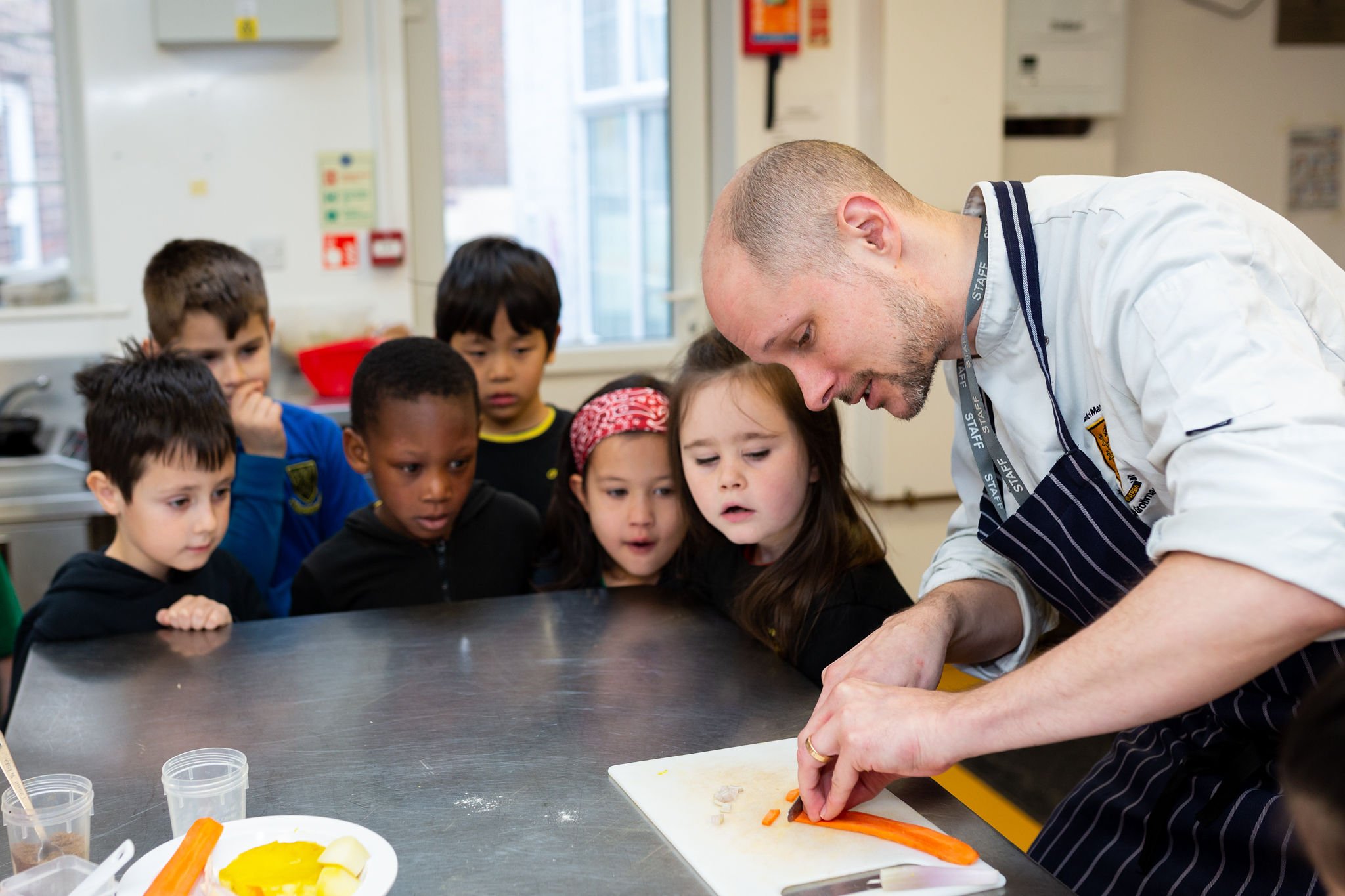
Report a Safeguarding Concern
If you’d rather not talk to staff or disclose your identity, you can still make an anonymous report.
Keeping Safe Online.
Children and young people spend a lot of time on the internet. They may go online to research information for homework or to play games and chat with friends.
The internet holds a huge amount of useful information and is a great way of learning about new things and keeping in contact with friends and family. It can also be a very dangerous place so it is important that children are protected and monitored when they are online.
Films
CEOP
(Child Exploitation and Online Protection) has lots of information about how to keep your children safe online.
www.thinkuknow.co.uk
The NSPCC also offers lots of helpful tips and advice which parents can use to keep their children safe on the internet and social media sites. This link outlines the risks and dangers children face when using the internet: NSPCC Website
School Online Rules
Within school, children are taught to follow a set of online safety rules. Regular reminders about the importance of these are given to the children. The school has filtering in place to safeguard children and their use of the internet is strictly monitored.
How to Set Up Parental Controls
Parental controls can help keep your child safe. Even the most innocent searches online can bring up not so innocent results. Parental controls can be used to block upsetting or harmful content. They can also help to control online purchases or manage how long your child spends online. NSPCC advice on Parental Controls.
Children and young people’s lives have changed dramatically because of the coronavirus. With social distancing measures, children will be spending more time at home away from others and online.
While the internet is a great way for children and young people to stay in touch with their friends and keep busy during lockdown, it can also bring risks. Now more than ever it’s important to talk to your child about staying safe online and about the apps and sites they’re using. For advice on talking to young people about safety online, please visit: NSPCC Talking online safety.
Broadband parental control information for better safety online: Broadband parental controls and internet safety for children.
Five articles to share on your socials
Help keep parents engaged with their child's online activities over the summer holidays by sharing the following articles on your social media or in your end-of-year newsletter:
-
Many children will be spending time gaming online over the summer holidays. This article explores the different elements of gaming with a particular focus on how it can be used by offenders, but focusing on what parents can do to support their child while gaming.
-
Lots of parents love sharing photos of their children with friends and family, particularly when they are on holiday or starting the new school year. A recent report found that 42% of young people reported that their parents had done this without asking their permission. Our article helps parents to protect their child while staying social.
-
Whether it's watching videos, playing games on their devices or talking to Alexa - today's under 5s are spending more time online. In this article we look at the benefits of children accessing the internet, and share advice about how parents can make sure their child has a safe experience online.
-
Many children enjoy live streaming as it can be used to showcase talent, develop communication skills and create identity. Our article helps parents to understand why children love it, what the risks can be, and how they can help their child stay safe if they are live streaming.
-
Parental controls are a great tool for helping to protect children but should not replace open and honest conversations with children about their life online. Share these tips on how to use parental controls effectively.
Useful Documents
Please click on the title you wish to view:
